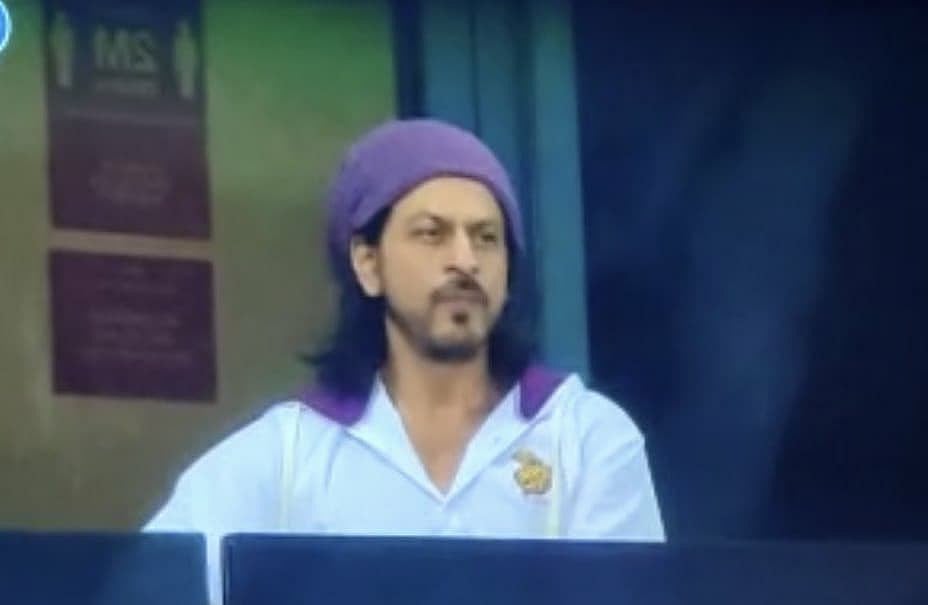What are Mumbai's mountainous garbage heaps mostly made of? Food that has been tossed out. Nearly three-fourths of the waste generated by inhabitants of the maximum city in the past year comprised food, according to an environment status report (ESR) released by the BMC for 2019-20. Of the total 6,500-6,800 metric tonnes of garbage generated in Mumbai, almost 73 per cent is organic (food waste).
Across the world, organisations including the United Nations are sharing tips to reduce food waste but this is the status accorded to food by the financial capital of India. Ironically, September 29 was the International day of Food Loss and Waste.
The civic ESR report revealed that yet again in 2019-20, food waste accounted for 72.60 per cent of the total garbage that makes its way into the city’s dumping grounds. What makes this a hazard? Despite the BMC diktat to segregate wet waste at source, a major chunk of this organic wet waste is choking the dumping grounds that have been witnessing recurring fires in the last few years.
According to BMC officials, the average waste generated per person per day is 450-650 grams. Waste management experts say if Mumbai recycles this waste, it could reduce the amount of garbage transported to its overburdened landfills by 93 per cent.
The BMC's Environment Status Report 2019-20 shows sand, stone and fine earth (construction debris) accounted for 17.37 per cent of the city’s waste, while the remaining comprised plastic (3.24 per cent), organic dry waste such as wood and cloth (3.51 per cent) and paper and other recyclables, including metals (3.28 per cent).
Civic officials said the figures were collated on the basis of a study by the National Environmental Engineering Research Institute (NEERI) and the average of waste generated by citizens was collated and compared. The data was consolidated by the civic Solid Waste Management (SWM) department.
“The concept of disciplined disposal of waste is still missing in a city like Mumbai. Segregation of waste should be in seven categories – dry, wet, electronic, biomedical, glass, plastic and thermocol – collected at seven different storage systems provided to separate contractors of the civic body for effective disposal or recycling. We are, however, asking citizens to be responsible and segregate waste and treat wet waste generated at source...within their premises. This year, the scenario is worse due to the pandemic ," said a senior BMC official.
The BMC claims to have cut down the 9,400 metric tonnes of garbage generated per day in the city in 2017-18, to 6,500 to 6,800 metric tonnes. Of this, 25 per cent of garbage is disposed of at the Deonar dumping ground while the remaining 75 per cent is dumped at the Kanjurmarg dumping ground.
What Mumbai Wastes
Food waste (Organic wet waste) - 72.60%
sand, stone and fine earth (construction debris) - 17.37%
Plastic - 3.24%
Wood and cloth (organic dry waste)- 3.51%
Paper and other recyclables, including metals - 3.28%
Nearly 3/4th of Mumbai's garbage is food
Dipti SinghUpdated: Thursday, October 01, 2020, 04:11 AM IST

BL Soni
RECENT STORIES
Annual Feast Celebrations And History Of Our Lady Of Hope Church Near Ghodbunder Road In Thane

Mumbai: BEST Scraps Contract For 700 AC Double-Decker E-Buses

Maharashtra Lok Sabha Elections 2024: Deputy CM Devendra Fadnavis Criticises Opposition, Praises PM...

Bombay High Court Seeks Response From Union Govt On Ban Of 23 Dog Breeds

Mumbai News: Private Company Employee Scammed Of ₹2.73 Lakh In Cyber Fraud Scheme


